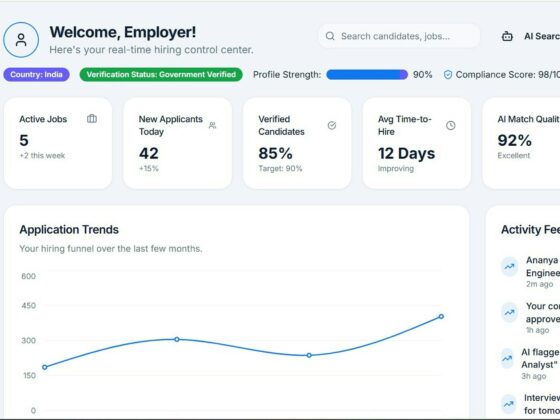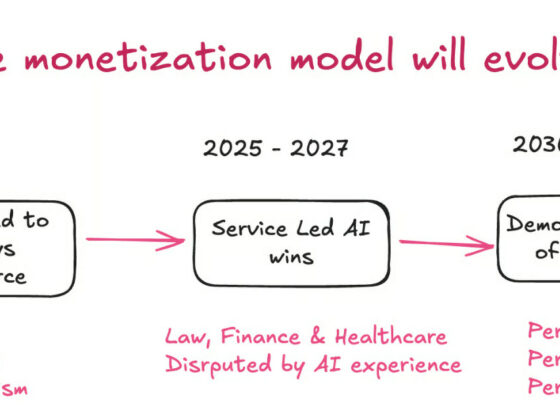OTAs may remain relevant for now, but advancing AI agents will weaken their core value over time
Dec 9, 2024
While there is no universally accepted definition, AI agents cover a broad spectrum-from simple tools like ChatGPT that retrieve information to advanced systems that can perform complex, multi-step tasks. These agents act as representatives for users or organizations, making decisions and executing commands on their behalf. In the travel industry, even relatively simple AI agents can have a significant impact. Current technology already allows agents to handle large travel bookings with minimal human intervention. As large language models (LLMs) and AI agents continue to evolve, they are poised to disrupt and reshape the OTA-driven landscape.
Key takeaways
- Platforms like online travel agencies (OTAs) have dominated the travel industry by leveraging economies of scale and network effects. They centralize resources, streamline operations, and create self-reinforcing growth loops by offering a wide range of products and reliable user experiences;
- However, AI agents will disrupt this model. These agents, powered by large language models (LLMs), can autonomously search, compare and book travel products across the Internet. They bypass the need for traditional OTA advantages such as scale, contracts and branding, and deliver highly personalized options without the influence of marketing;
- To survive, OTAs must innovate and pivot to new models, though finding one that is resilient to AI disruption will be a significant challenge. Platforms like Google, which also act as intermediaries, face similar existential threats.
Get the full story at PhocusWire







